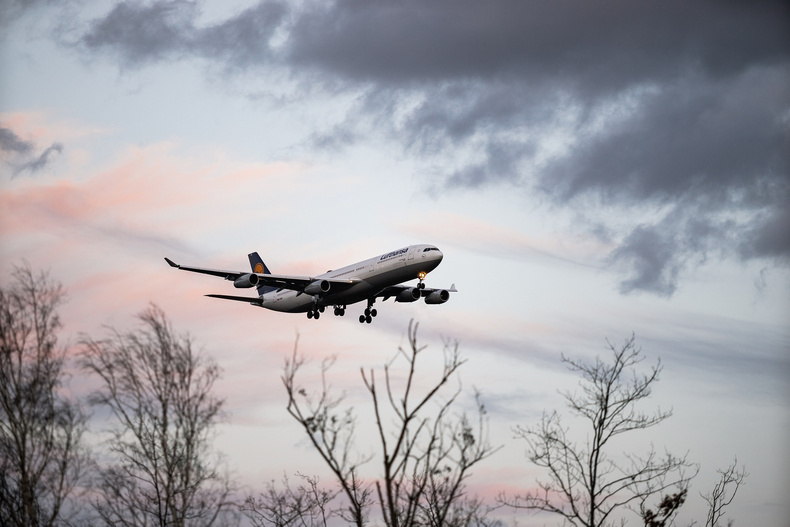'Jet Zero ' strategy sets out green aviation plans

A key strategy outlining efforts to achieve net zero in aviation by 2050 has been released by the government.
The Jet Zero recognises the challenges facing the aviation industry faces in decarbonising, as well as committing the sector to net-zero by 2050.
It also commits domestic aviation to achieving net zero emissions by 2040.
The government wants all airports in England to be zero-emission by the same year.
Policy measures include:
- Improving the efficiency of the existing aviation system.
- Building a successful UK sustainable aviation fuel industry.
- Developing new forms of aircraft that offer the potential for zero carbon tailpipe emissions.
- Creating successful carbon markets and investing in greenhouse gas removals to compensate for residual emissions in 2050.
- Preserving the ability for people to fly whilst supporting consumers to make sustainable aviation travel choices.
- Working closely with academia and industry to better understand the science and potential mitigations of non-CO2 impacts.
The strategy places huge importance on the development of Sustainable Aviation Fuel (SAF), committing to have at least five UK SAF plants under construction and an SAF mandate in place with a target of at least 10 per cent SAF by 2030.
Over the next three years, the government has pledged £180million funding to support commercialisation of SAF plants and fuel testing in the UK.
The strategy also outlines £3.7m funding in 2022-23 to support airports to complete stage two of their airspace change proposals to support the government ambition to have all airport operations in England be zero emission by 2040.
Kuran Singh, policy advisor at Greater Birmingham Chambers of Commerce, said: “The Jet Zero strategy provides airports with a clear direction of where the country is heading. “Government commitment to achieving net zero is firm and there is recognition of the key role the aviation sector will play in the transition.
“It is vitally important that the support provided by the government matches the key role of the aviation sector in this transition.
“Financial support at a time when inflation is crippling businesses is hugely valuable to airports providing them with much needed ammunition in innovating and tackling emissions.
“However, this must be maintained and support should continue to reflect the key role of the aviation industry in the transition to net zero, in the coming years.
“This includes further funding for research and development of Sustainable Aviation Fuels which at this time are not viable for airline operators due to the high costs associated with them.
“Bold targets require bold action, and the government must be aware of its role in supporting the aviation Industry and airports in the coming years, to achieve these targets. ”
See the Jet Zero Strategy here
The GBCC 's Sustainable Business Series is returning for the second consecutive year and features valuable insights on a range of topics including;
- Energy
- Reducing your company 's carbon footprint
- Low carbon business opportunities
- Decarbonisation in key sectors
- Climate resilience
Support the 2022 Sustainable Business Series here.v
